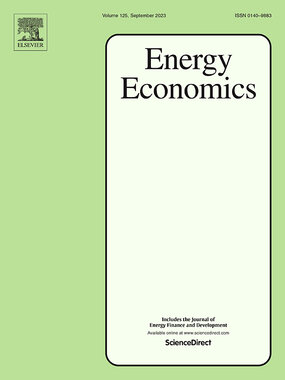Available online 27 November 2023
Abstract
This paper assesses the effect of US–China political relationships and geopolitical risks on oil prices. To this end, we consider two quantitative measures, the Political Relationship Index (PRI) and the Geopolitical Risk Index (GPR), and rely on structural VAR and local projection methodologies. Our findings show that improved US–China relationships, as well as higher geopolitical risks, drive up the price of oil. In fact, unexpected shocks in the political relationship index are associated with optimistic expectations of economic activity, whereas unexpected shocks in the geopolitical risk index also reflect fears of supply disruption. Political tensions and geopolitical risks are thus complementary causal drivers of oil prices, the former being linked to consumer expectations and the latter to the prospects of aggregate markets.
See article preview here



